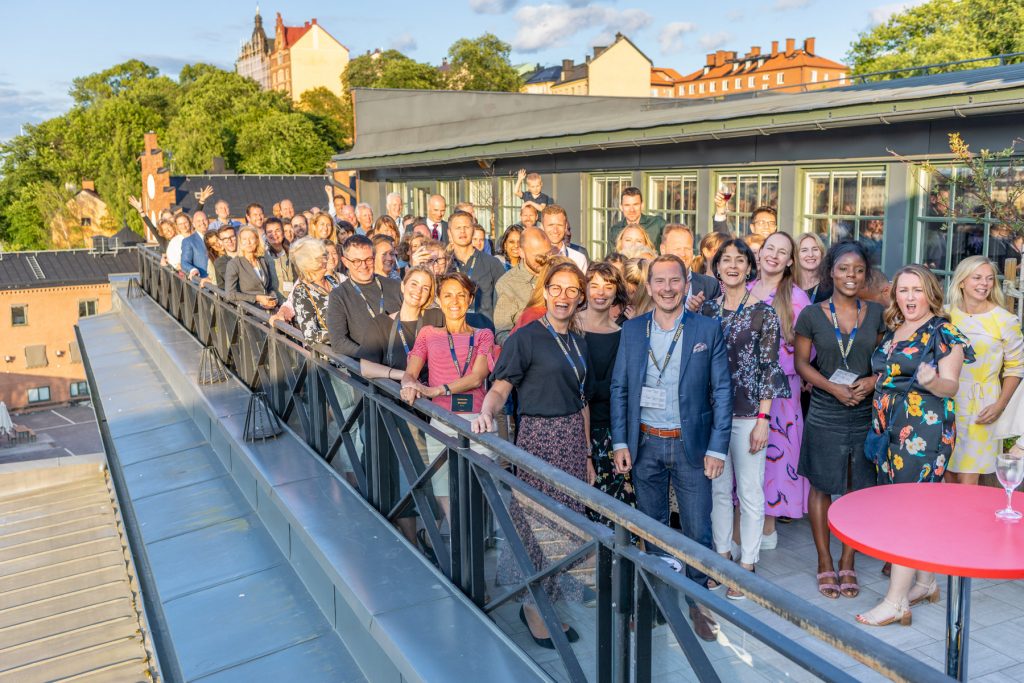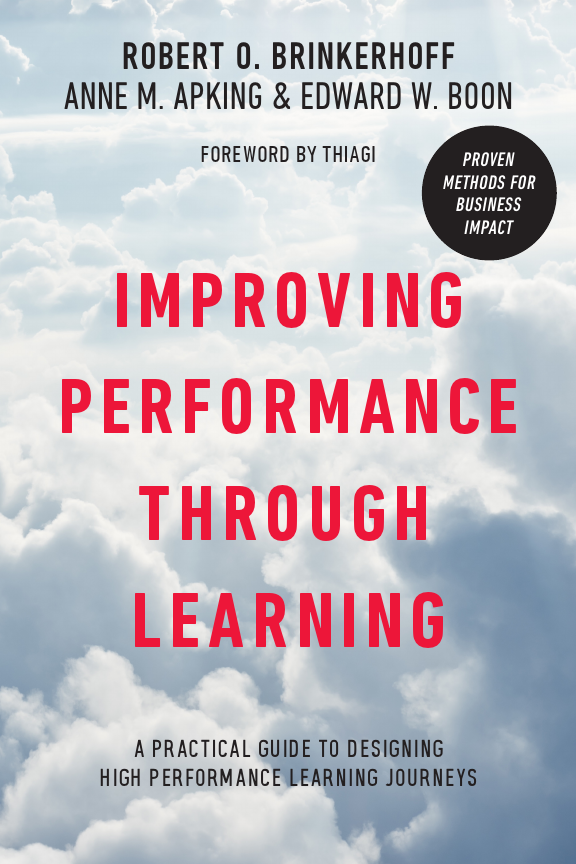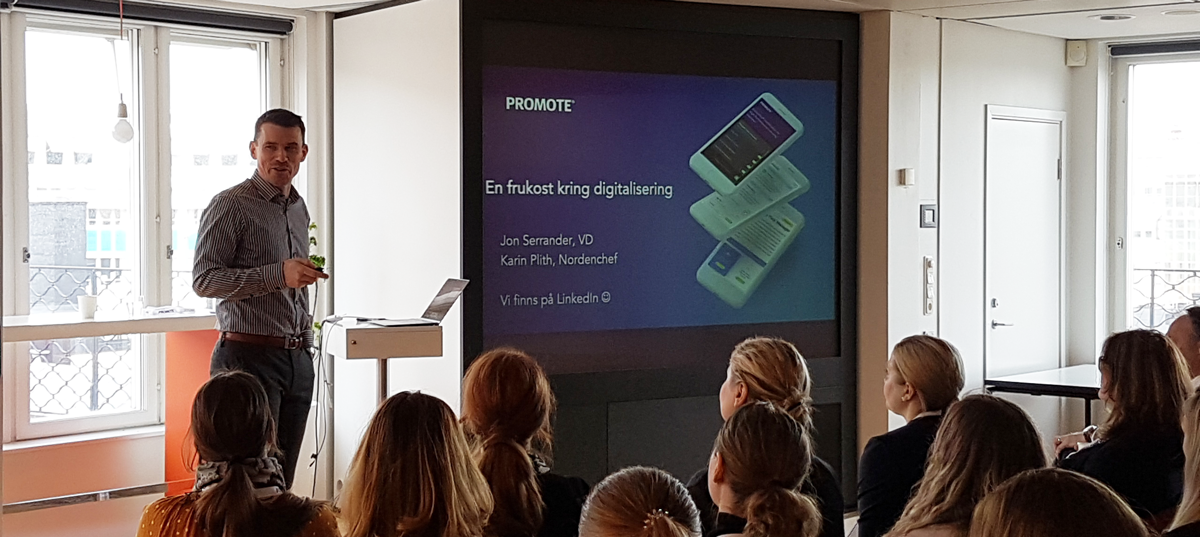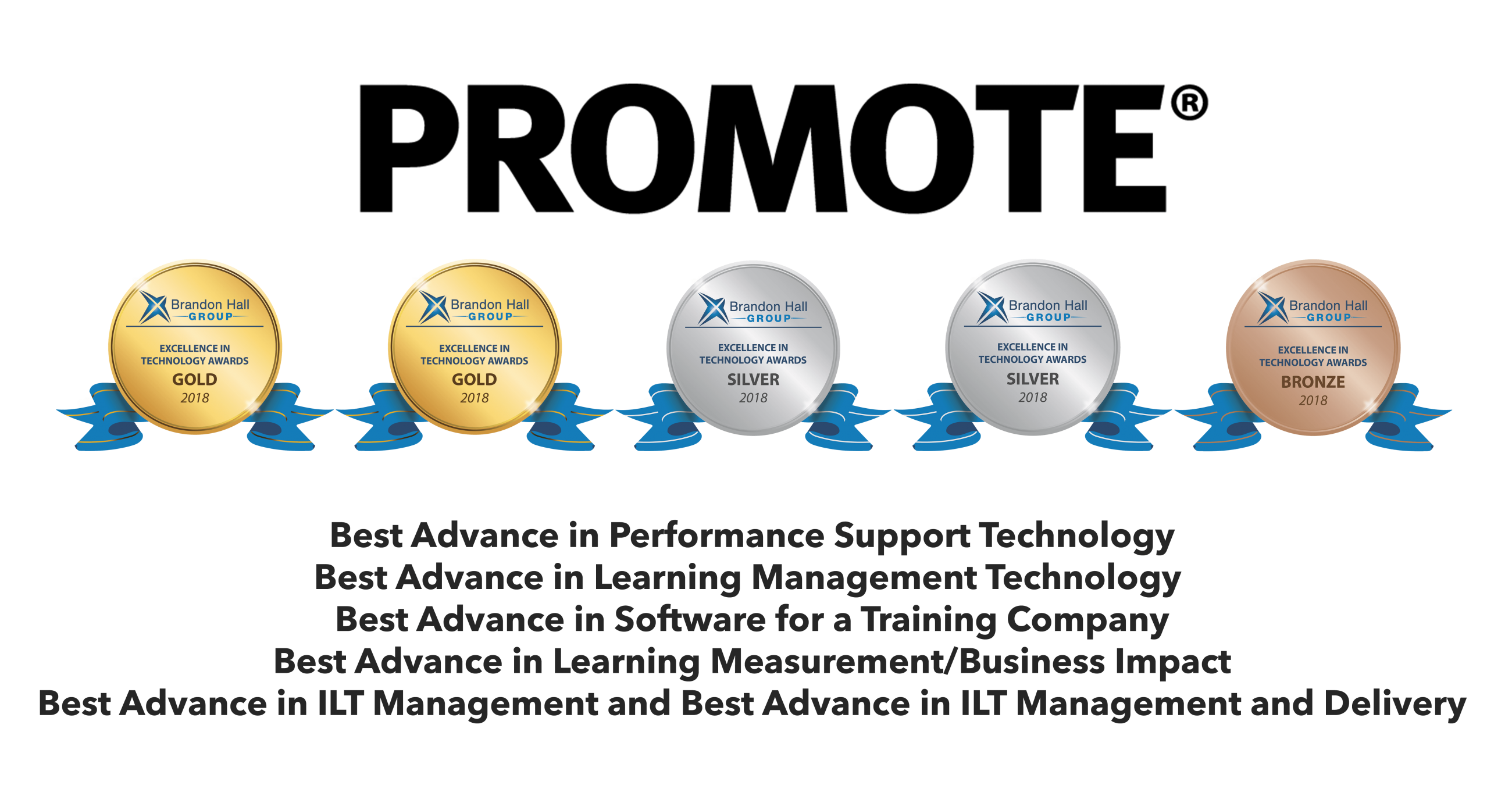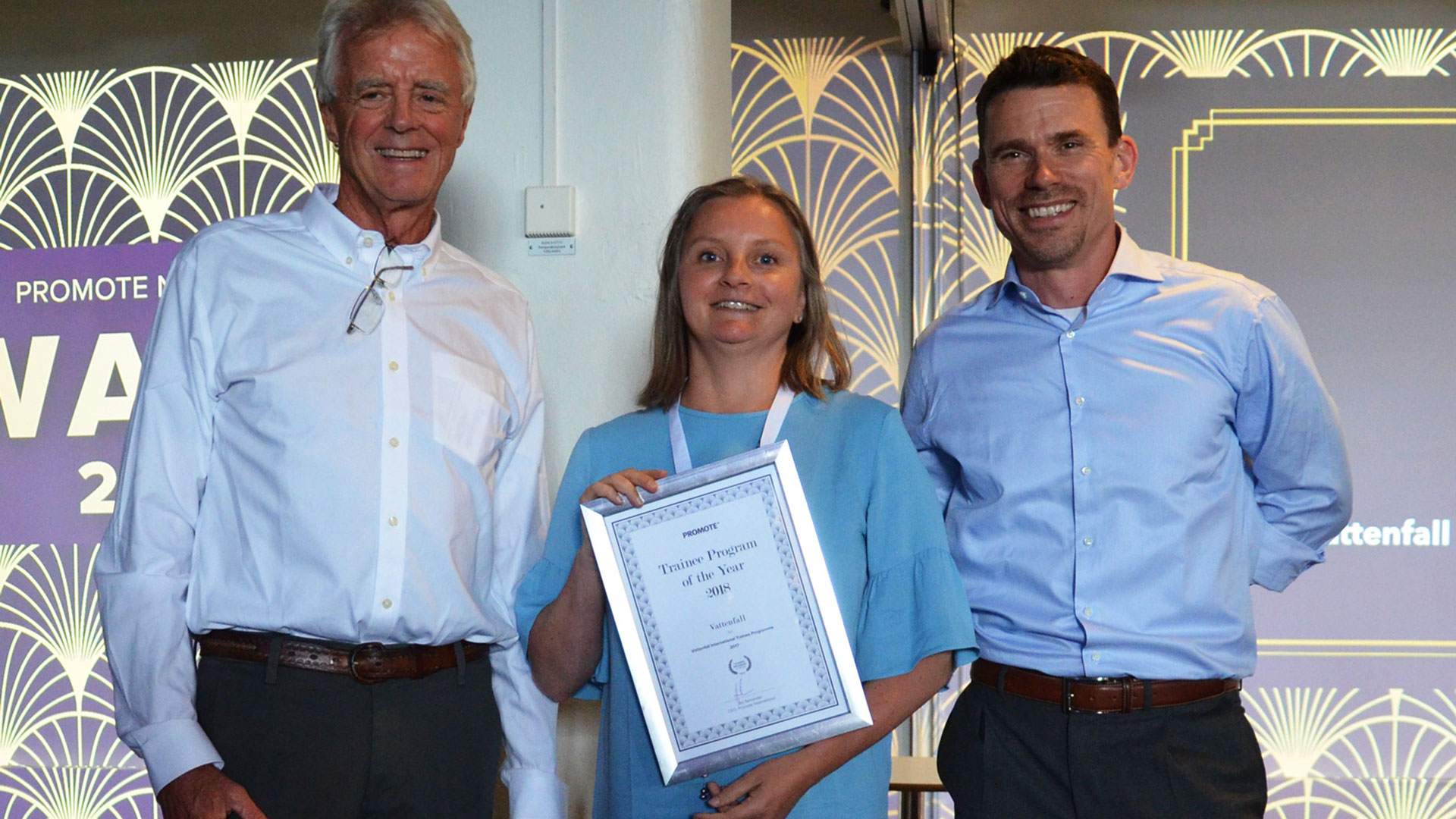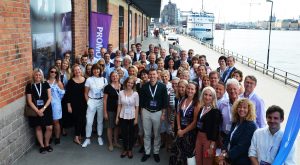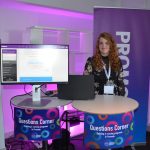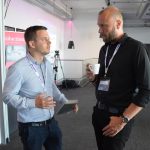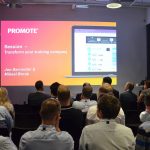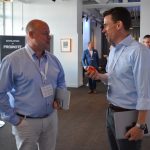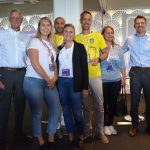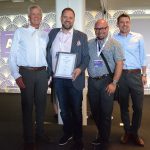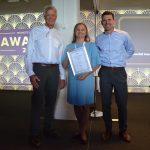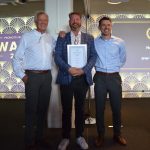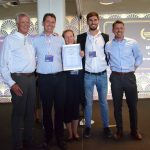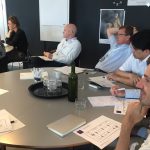When it comes to designing training programmes, the requirement on the instructional designer is to prepare the learner to be able to handle tasks in their performance environment by tackling various and similar tasks in the learning environment. However, particularly when the skill set involves social interactions and complex behaviours, the scenarios in which the target audience are asked to apply their learning are often more challenging than was conducted during the training. So, what is the approach that will enable the learners to successfully tackle more demanding situations, be willing to do so, and persevere in the new approach even when there is not an expressed and prescribed way of doing so?
There is a complex interdependency when it comes to how learners make decisions when they are back at work and must combine multiple pieces of information and prioritize their actions in order to apply what they have learned from a training event. As learning providers, we can design our programmes in a way that increases the likelihood of these interdependent factors coming into play to deliver the results in the workplace.
This paper looks at what can influence a learner in the application of their learning to a given work task. Three key parts of the chain that are identified are:
- A mastery orientation when it comes to the metacognitive learning activities;
- The links between this metacognitive learning approach and knowledge acquisition, skilled performance at the end of the training and self-efficacy;
- A belief in themselves to develop as part of the learning process to achieve the end task, which may be similar but not the same as that trained upon.
Starting with Mastery Orientation, which is the learner’s belief that effort can lead to an improvement in outcomes and that the ability in a given area is flexible rather than solely linked to a specific way of doing things. With this approach there is a focus on developing new skills, attempting to understand the context around the task, and then successfully applying a standard by which to measure their achievement. Those who have the Mastery Orientation approach want to develop a rich understanding of task procedures, and are more likely to practice an important skill-related task as often as possible. As HPLJ practitioners, we have opportunities to build on this because we are not so limited by instructor-led training events. By utilizing a learning journey, particularly the Crawl, Walk and Run approach, we can extend our reach and have the opportunity to build on the different levels of foundational knowledge as well as incorporate a varying complexity of skills supported by application and awareness creation within the learner’s own specific working environment.
Metacognition relates to their awareness and understanding of our learners’ own thought processes as they engage in the learning scenarios. That they are not simply following a set of instructions but are building an awareness around their planning, monitoring, and execution of behaviours associated with their objective. We can support our learners to improve upon these aspects by designing assignments that encourage reflection and reporting not only on the outcome of application but also the processes that led to success.
The learning environment must facilitate the use of metacognitive or self-regulatory skills. A key issue in the development and effective use of this learning approach is the opportunity for individuals to engage in self-directed learning. This learner control allows individuals to adjust the instruction to their own needs and the monitoring involved enables them to identify errors in performance, and adjust their learning activities. The idea being that they should acquire more knowledge about the task and develop more effective procedures for performing the task in their working environment.
Certainly, the flexibility offered by the journey approach lends itself to the self-directed learning element. Where they have the material for knowledge foundation and the time to create their own levels of comprehension around the subject matter. The use of additional assignments for them to draw relevance and awareness from their own working environment offers an opportunity to build on their knowledge in such a way that we look not only at a single process but the wider awareness of how it functions within a working environment.
An additional factor related to the Mastery Orientation and Metacognitive approach is the building of a feeling of self-efficacy. The impact of developing a range of new skills, creating an understanding of the relevance of these skills to their work tasks, and then being able to regulate their own performance is that learners show a greater degree of perseverance to carry out the end task in the required manner. The feeling that they have a broader understanding of the subject matter enables them to feel that they have the ability to succeed, when compared to those who only have a procedural way of tackling a problem.
In conclusion, what this suggests to us as learning developers is that we need to incorporate more than just knowledge and skills into our design plans. That in addition to these elements we need to include specific activities and assignments that contribute to the building of a Metacognitive level of awareness and lead to a Mastery Orientation. In this way, we can create a greater likelihood of the learner being able to apply the learning within complex real-life scenarios and demonstrating a greater resilience when facing the difficulties that such situations may bring.
Read the full version of the paper.
To learn more about the High-Performance Learning Journey Approach, click here.


